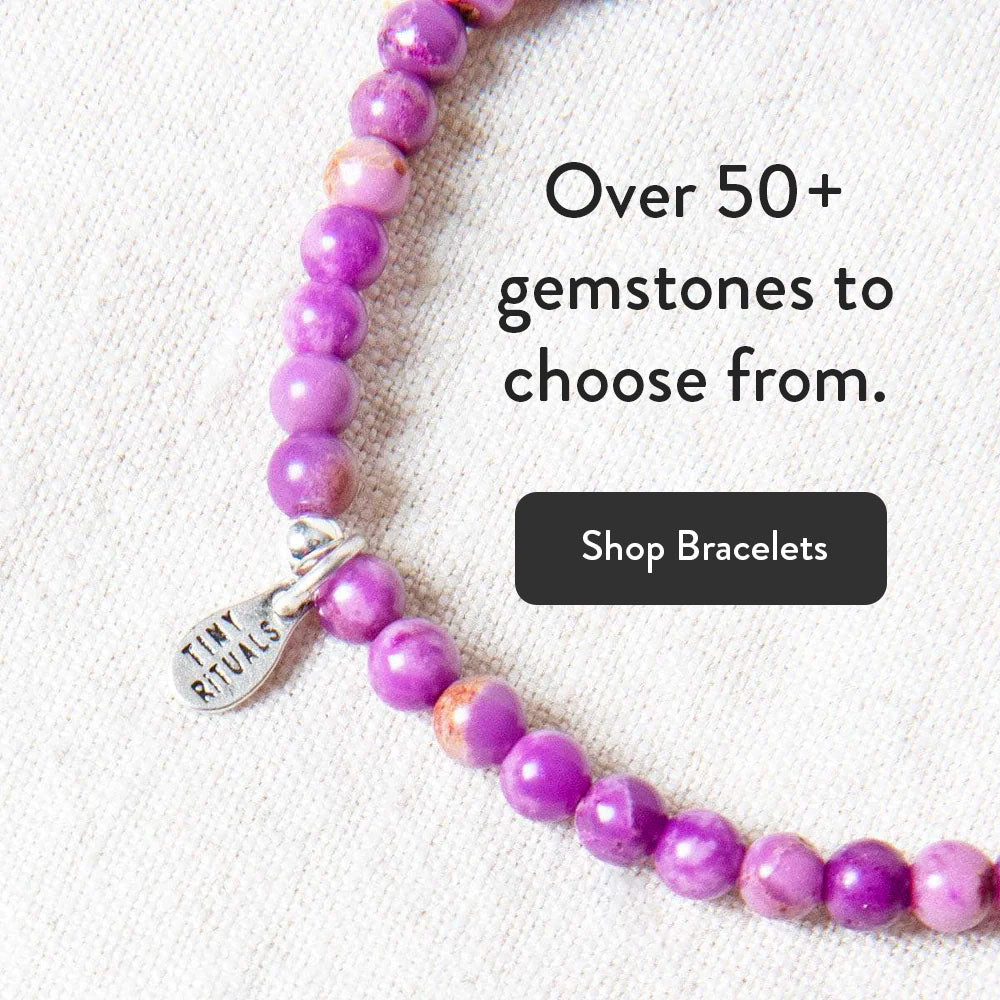
In the modern world, it seems that we are becoming a lot more open and educated when it comes to plant-based diets. Now, many are cutting out meat and other animal products. Vegan restaurants are popping up in every city, supermarkets are starting to stock tofu and other alternatives, and plenty of people are swapping their full fat for oat milk.
Picking a plant-based diet is chock full of benefits both in terms of personal health and helping the environment, but for those who are still on the fence and wondering whether vegetarian vs vegan is the best choice for them, we have some tips in helping you find your own foodie path…
The Difference Between Vegetarian VS Vegan

A vegetarian diet refers to those who choose to cut out eating meat. Vegans, on the other hand, eliminate all animal products from their diet. The latter usually includes; all dairy products like milk and cheese, anything made with gelatin and even honey.
Instead of opting for animal products, vegans tend to turn to leafy greens, vegetables, beans and grains and other plant-based sources of protein to pad out their diet.
While vegetarian diets do avoid eating meat or any kind of animal flesh, vegetarians do still tend to let dairy into their diet.
Which is Healthier?

Choosing to go vegetarian or vegan is really a personal choice and which one will be best for you really depends on the reasons why you are opting for a plant-based diet in the first place. If you are choosing for health reasons then as long as you carefully map out your nutrient intake and ensure you are filling in the gaps, both can work wonders for your health.
You may have questions like; is tofu healthy, is cheese healthy and are eggs healthy? Everything in moderation as part of a well-balanced diet can be healthy. Eggs are a good source of protein; cheese has good fat – but too much cheese and it can tip the scales into unhealthy territory. Overall, it seems that vegans have a low BMI than vegetarians so the vegan diet can be the most effective when it comes to weight control and reducing the risk of type 2 diabetes, heart disease, and certain types of cancer.
The most important nutrients both vegans and vegetarians need to consider as part of their diet is iron, calcium, omega-3, B12 and Vitamin D.
Which is Better for the Planet?

People often turn to vegan diets for more reasons than dietary needs; there can also be an ethical slant involved. A vegan lifestyle can be anchored in animal rights and vegans may also opt to avoid products tested on animal, along with clothing linked to animals too – suede, leather, etc.
Veganism does help with climate change as it can help reduce our greenhouse emissions, cut the land that is used for livestock, help to reduce fertilizers running into freshwater supplies, and can also improve aspects of water scarcity.
How to Manage

Of course, going vegan can be a challenge for many people, so even if you think an animal-free diet is unobtainable for you – there are still ways in which you can consume but dramatically cut down or take these tips into consideration;
Start small – look where you can make a change, perhaps swap out your cow milk for a non-dairy substitute.
Go local – one of the best changes you can make to your diet if you struggle to cut out meat and dairy is to buy local. At least by buying local, you aren’t contributing to food transport costs.
Up your cooking – its easier to stick to a vegan or vegetarian diet when you are inspired to cook delicious and beautifully balanced dishes.
Which diet speaks more to your sensibilities – vegan or vegetarian? Share your best tips in the comments.



















